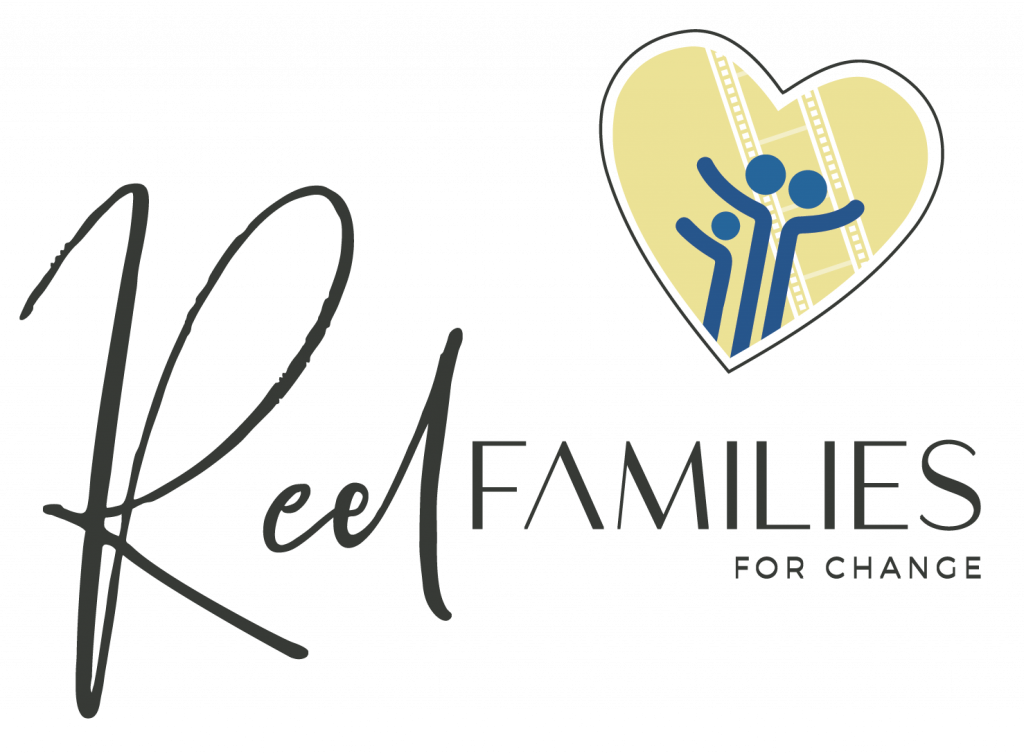A Business Case for Centering Trust in the Workplace
Written by Sarah Lutot
In a post-pandemic world, productivity conversations are everywhere across industries. Alongside these productivity conversations are demands for equitable and flexible work structures. In many industries, flexibility is synonymous with remote work. Flexibility itself is just that – flexible.
In the film industry, remote work is not always possible; however, flexibility lies in the foundations of mutual trust between industry leaders and workers. At RFC, we recognize that these two ideas do not have to be mutually exclusive for the film industry to thrive. We’ve found that they are tied closely together while opening up a wealth of opportunities for non-performative transformation of the American workforce.
The imperative for adopting industry-wide, sustainable, justice-centered practices is undeniable. Implementing non-performative transformation – change rooted in true justice – needs more than mere acknowledgment of disparities; it requires the cultivation of trust. Trust-building between clients, hirers, decision-makers, and screenworkers, as well as between screenworkers and the audience will effectively create the type of non-performative transformation that will do wonders for productivity gains while at the same time centering care for all involved.

At its core, the adoption of trust-building initiatives signals a commitment to fairness and equity within the industry. Screenworkers need to trust that studios will respect their time, their needs, and their livelihoods. Harvard Business Review reports: “Employees of high-trust organizations are more productive.” Trust is cultivated through genuine collaboration and care within teams. By prioritizing inclusivity and providing equal opportunities for advancement, studios can instill confidence among screenworkers. The same study found that people working in high-trust organizations remain with that organization longer, and “they also suffer less chronic stress and are happier with their lives, [fueling] stronger performance.” When individuals see pathways for career progression, they are more likely to invest their talent and energy wholeheartedly into their work without burning out.

For example, Zillow now offers comprehensive work-life support. Zillow Group Employee Kate Aher explains the company’s clear message to employees: “We’re all doing good work here, but there are things outside as well. Whether it’s going home to your kids — or if you don’t have kids, you have hobbies, you have pets, you have friends, you have commitments. I feel there’s a healthy respect for life outside of here.”
It’s plausible that this same level of support in the film industry would foster similar ideals. Initiatives such as supporting childcare for filmmakers or implementing flexible work arrangements demonstrate a tangible investment in the well-being of screenworkers. This care-centric approach would foster a sense of belonging and loyalty, thereby strengthening the bond between studios and their workforce.
Moreover, trust-building is a full-circle endeavor. Beyond the internal benefits among workers and hirers, it extends to the relationship between screenworkers and their audience as well.
This relationship between screenworkers and audiences lies in authenticity. Embracing diverse perspectives and authentic storytelling allows filmmakers to establish a deeper connection with viewers. Audiences are sophisticated; they want to be entertained not infantilized. They want people on screen to reflect their lives, experiences, and nuances – not just the caricature of them, but the depth of their being. Authenticity builds trust, and that is a win-win-win: filmmakers create with their hearts when their basic needs are met, audiences feel seen, and studios make more money.
This is true of all facets of diversity from cultural and ethnic to gender and even care obligation. Again, this authenticity coincides with non-performative transformation, which unfortunately is not the norm. The Guardian reports that “The USC’s Annenberg Inclusion Initiative called the entertainment industry’s pledges to promote inclusion ‘performative acts’ and ‘not real steps towards fostering change.'” DEI pledges in Hollywood often lack a mission rooted in equity, and justice, which is far from authentic.
For filmmakers to tell authentic stories, they need to first be let in the door. Amy Adrion’s 2018 documentary HALF THE PICTURE highlights the jarring statistic: “Over the last 10 years top grossing films had a total of 1114 directors. 1069 were male. 45 were female.” Yet there is a widespread assumption that things are slowly getting better and better without any real intervention, as approached by Dr. Martha Lauzen: “I think there is a belief out there in what I would call creeping incrementalism that at some point the numbers of women are just going to increase a little bit every year until the problem is solved. We have absolutely no evidence that that’s the case.”

Five years later, in 2023, USC Annenberg verified that this belief, in fact, still does not hold merit: The percentage of women directors in 2023 (12.1%) was not meaningfully different from 2022 (9%). The percentage has not changed notably since 2018 when 4.5% of directors were women.” When industry leaders falsely boast about increased diversity, there is a huge lack of trust created among those who know better.
Building trust is an ongoing process that requires continuous effort and investment. Despite progress in recent years, gender disparities persist in film leadership roles. In a frustrating pattern, women direct incredibly successful films but are replaced with male directors for the second installments as seen with Penelope Spheeris’ WAYNE’S WORLD and Patty Jenkins’ WONDER WOMAN. Addressing these inequities requires a concerted effort from all stakeholders, and trust will take time to build.
Director and Writer Joey Soloway offers an example in HALF THE PICTURE: “A lot of the art that is getting made in the world isn’t getting made by people who have had children. And whoever she’s become from being a mother, whatever she might know about humanity from having mothered isn’t getting reflected in our culture because mothers aren’t really going into this business. So that becomes a problem on the planet for empathy.” So how do we ensure that mothers’ stories are being told, and being told by the mothers themselves? The answer is trust.
This trust comes in the form of not only access but also pathways to advancement and retention. At each point – recruitment, entry, retention, and advancement – we must do what is necessary to fulfill the needs of these women.
By fostering trust between studios and screenworkers and between the industry and the audience, the industry can create a more inclusive and equitable ecosystem. To support the real, diverse world we inhabit, stakeholders must prioritize trust-building practices and commit to creating an industry that genuinely reflects the people associated with it, both workers and viewers. This kind of practice enhances creative output and strengthens the bond between creators and consumers. It’s time.
Looking to take the first step toward centering care and building trust on your next project? Visit reelfamilies.org/services to get started.





